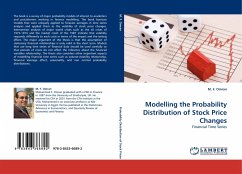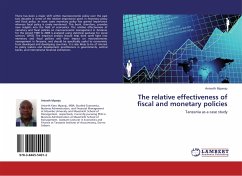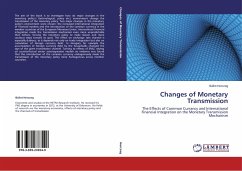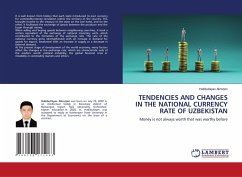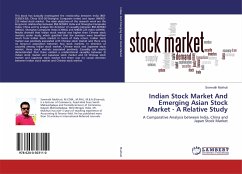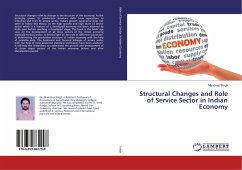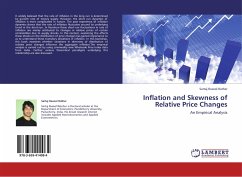
Inflation and Skewness of Relative Price Changes
An Empirical Analysis
Versandkostenfrei!
Versandfertig in 6-10 Tagen
27,99 €
inkl. MwSt.

PAYBACK Punkte
14 °P sammeln!
It widely believed that the rate of inflation in the long run is determined by growth rate of money supply. However, the short run dynamics of inflation is more complicated in nature. The past experience of inflation dynamics shows that the rate of inflation fluctuates around its underlying trend in the short-run. In literature these short-run fluctuations in rate of inflation are mainly attributed to changes in relative prices of certain commodities due to supply shocks. In this context, examining the effects these shocks on the distribution of price changes has gained importance so as to und...
It widely believed that the rate of inflation in the long run is determined by growth rate of money supply. However, the short run dynamics of inflation is more complicated in nature. The past experience of inflation dynamics shows that the rate of inflation fluctuates around its underlying trend in the short-run. In literature these short-run fluctuations in rate of inflation are mainly attributed to changes in relative prices of certain commodities due to supply shocks. In this context, examining the effects these shocks on the distribution of price changes has gained importance so as to understand these transitory deviations in inflation. In this backdrop, this book examines whether variations in skewness of distribution of relative price changes influence the aggregate inflation.The empirical analysis is carried out by using commodity wise Wholesale Price Index data from India. Further various theoretical paradigms underlying this relationship are also discussed.




